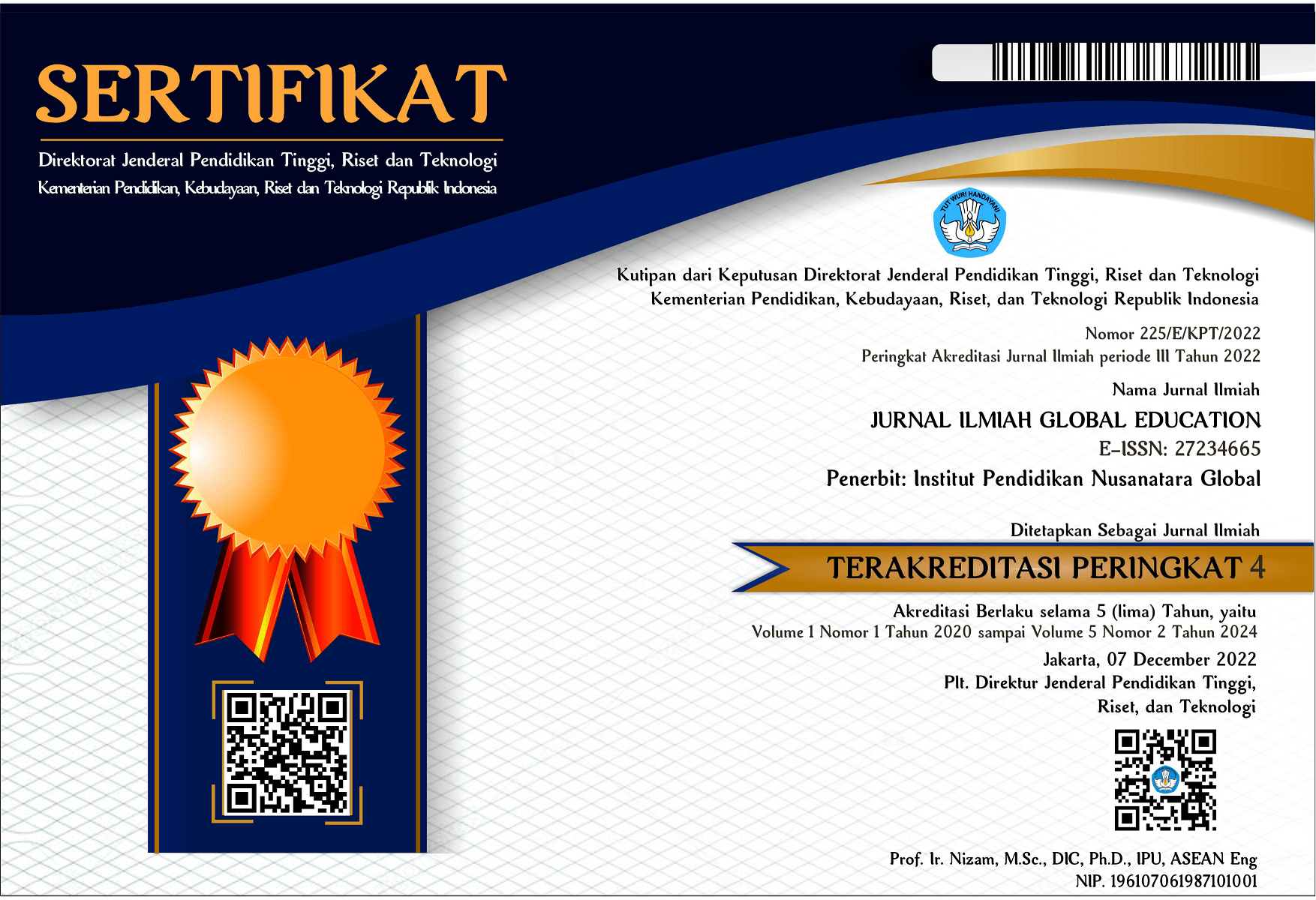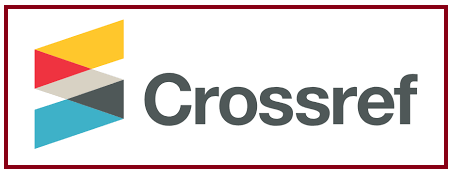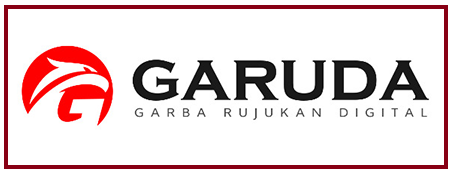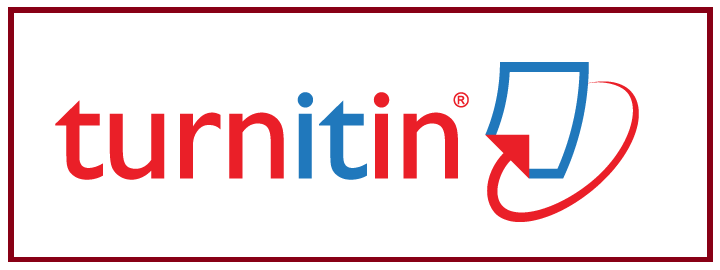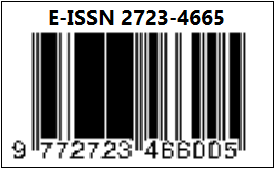The Urgency of Agile Leadership Training to Produce Competitive Startups in the Vuca Era
DOI:
https://doi.org/10.55681/jige.v5i2.2765Keywords:
Agile Leadership, Training, Startup, VUCAAbstract
In Indonesia, many types of start-up businesses or start-up companies have started to emerge and are growing very rapidly. We can easily find start-up companies in various sectors. Of these startups, some are expected to emerge from campuses through student startups that have big ideas and ideas and are supported by business incubators at each university. However, unfortunately, not all student startups can run smoothly. Many of them failed and were eventually forced to close. One of the reasons is the lack of guidance and training from the university where he attends. The important provision that must be given now is how to become an agile leader or entrepreneur in the current VUCA era. This research is aimed at answering the question of how training or guidance is provided by universities to startup management students, and how 'Agile Leadership' training is implemented. This is qualitative research with a case study approach at the XYZ campus in Jakarta. Data collection was carried out using semi-structured interviews with 15 startup management students. The results of this research show that "agile leadership" training is very important to be given to startup management students so they can understand how to deal with change and uncertainty in the VUCA era.
Downloads
References
Akkaya, B., & Tabak, A. (2017). The Impact Of Dynamic Capabilities On Firm Perceived Marketing Performance Of Small And Medium Sized Enterprises. Transnational Marketing Journal, 5(2), 121-125.
Buhler, P. (2010). The Agile Manager. Supervision, 71(12), 18-20.
Chatwani, Neha. (2019). Organisational Agility Exploring the Impact of Identity on Knowledge Management. Publisher: Palgrave. ISBN: 978-3-030-17249-7. July 2019 DOI:10.1007/978-3-030-17249-7
Creswell, J.W. (2014). Research Design: Pendekatan Metode Kualitatif, Kuantitatif, dan Campuran. Yogyakarta: Pustaka Belajar.
Hasibuan, Malayu, S. P. (2005). Manajemen Sumber Daya Manusia. Edisi Revisi. Jakarta : Bumi Aksara
Horney, N., Pasmore, B., & O’Shea, T. (2010). Leadership Agility: A Business Imperative for a VUCA World. People & Strategy, 33(4), 32-38.
https://data.kompas.id/data-detail/kompas_statistic/65b14b3600d5cb13138cafb4
Johansen, Bob. (2012). Leaders Make The Future. Berrett-Koehler Publishers, Inc. San Francisco
Joiner, B. (2019). Leadership Agility for Organizational Agility. Journal of Creating Value, 5(2), 139-149. https://doi.org/10.1177/2394964319868321
Joiner, B., & Josephs, S. (2007). Leadership Agility, Five Levels of Mastery for Anticipating and Initiating Change. John Wiley & Sons, Inc.
Kapucu, N., & Ustun, Y. (2018). Collaborative Crisis Management and Leadership in the Public Sector. International Journal of Public Administration, 41(7), 548–561. https://doi.org/10.1080/01900692.2017.1280819
Kusumawati, D. A., & Arizqi, A. (2021). Ekonomi Halal : Penerapan Manajemen Bisnis Dan Agile Leadership Pada Umkm Bandeng Presto. Budimas : Jurnal Pengabdian Masyarakat, 3(2), 537–544. https://doi.org/10.29040/budimas.v3i2.3488
Mangkunegara, Prabu, A. A. A. (2013). Manajemen Sumber Daya Manusia Perusahaan. Bandung: Remaja Rosdakarya.
Mc.Pherson, B. (2016). Agile, adaptive leaders. Human Resource Management. International Digest, 24(2), 1–3. https://doi.org/10.1108/HRMID-11-2015-0171
Meyer Ron and Ronald Meijers. (2017). Advances in Project Management. PM World Journal Developing Leadership Agility, 6(11), 1-15. www.pmworldjournal.net
Moses, Melmambessy. (2012). Analisis Pengaruh Pendidikan, Pelatihan, dan Pengalaman Kerja terhadap Produktivitas Kerja Pegawai Dinas Pertambangan dan Energi Provinsi Papua. Media Riset Bisnis dan Manajemen, 18-36.
Padauleng, A. (2019). Pengaruh Gaya Kepemimpinan dan Motivasi Kerja Terhadap Kinerja Pegawai Pada Kantor Lurah Turikale Kecamatan Turikale Kabupaten Maros. Skripsi. Universitas Muhammadiyah Makasar. Makasar.
Sanatigar, H., Peikani, M. H., & Gholamzadeh, D. (2017). Identifying organizational agility and leadership dimensions using Delphi technique and factor analysis: an investigating among public sector pension funds (PSPFs) in Iran. International Journal of Public Leadership, 13(4), 276–294. https://doi.org/10.1108/ijpl-01-2017-0005
Sarkar, Anita (2016). We live in a VUCA World: the importance of responsible leadership. Development and Learning in Organizations, 30(3), 9-12. DOI:10.1108/DLO-07-2015-0062
Sugiyono. (2018). Metode Penelitian Kuantitatif, Kualitatif, dan R&D. Bandung: Alfabeta.
Sugiyono. (2020). Metode Penelitian Kualitatif. Bandung: Alfabeta.
Yin, R. K. (1981a). The Case Study as a Serious Research Strategy. Knowledge: Creation, Diffusion, Utilization, 3(1), 97–114. https://doi.org/10.1177/107554708100300 106
Yin, R. K. (2009). Case Study Research Design and Methods (4th ed. Vo). Sage Publication.
Zakaria, R., T, I. R. R. M., Ph, D., & Aristawati, R. A. (2022). Analisis Probabilitas Aplikasi Agile Human Resource Pada UMKM Pulau Jawa dengan Metode Systematic Literature Review. Hal. 1–9.
Downloads
Published
How to Cite
Issue
Section
License
Copyright (c) 2024 Rahadi Pratomo Singgih, Mira Permata Sari

This work is licensed under a Creative Commons Attribution-ShareAlike 4.0 International License.


